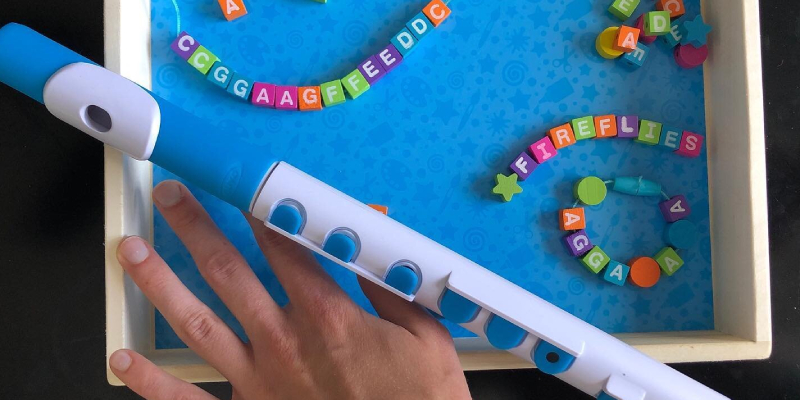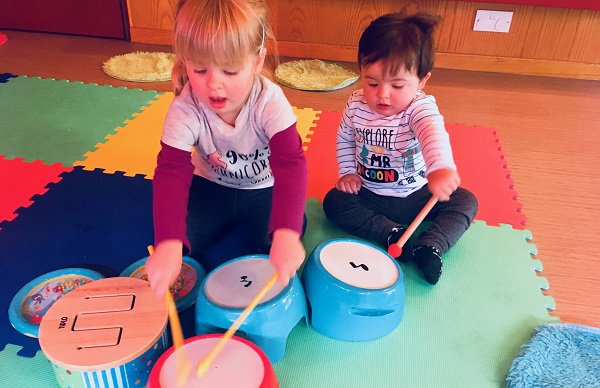
Music education is being eliminated from many school systems to make room for other subjects. Music education in schools helps children’s brain development by stimulating the production of dopamine, which helps them feel good. Researchers discovered that children who participate in musical activities have higher IQ scores, and therefore private schools in Chennai (https://www.babajividhyashram.org/) make their students merely listen to music. Know more about the importance of music education in schools.
Why is Music Education in Schools Important?
Music is beneficial to relieving stress, especially for students who feel overwhelmed by their schoolwork and extracurricular activities. The other advantages of music education are:
- Music education is an excellent way to improve children’s reading comprehension abilities and is also an excellent way to encourage greater engagement with music.
- Music education is important because it provides students with an opportunity to connect with others. It allows them to form bonds with one another and look back on their experiences.
- Music will help children develop time management skills and self-control. Students who learn their instruments and practice outside of school will maintain a healthy balance between all other activities in their lives.
- Music education is important for the reduction of stress and anxiety among pupils.
- Music can help children comprehend the world and language more quickly and easily, according to several studies.
- Music classes help students break up a rut, increase the speed of language development, and reduce stress.
- Music classes in schools can help students reduce stress and depression, allowing them to concentrate on their studies better.
- Music and mathematics are linked, as music stimulates a part of the brain responsible for problem-solving.
- Music encourages students to think more imaginatively and helps them become more innovative in science and technology.
- Music can improve memory and help students retain information.
- Music students must work in groups to succeed, and this is an effective way to teach social skills and teamwork.
- Music can enhance the enjoyment of children’s traditional games and can be used to calm the mind and rejuvenate the senses.

Music Activity Ideas For Kids Recommended By A List Of CBSE Schools In Chennai
If you want to make children’s games more enjoyable, you can use music to make mundane tasks more enjoyable by incorporating them into them. A list of CBSE schools in Chennai uses music education to entertain kids and benefit them extensively.
- Ask children to draw and color on a sheet of paper as soon as the music starts and continue drawing and coloring on the sheet until the music stops again.
- Your child must correctly sing along to a list of songs before passing the test.
- Create a child-friendly dance floor and put all the props on a table at the far end of the room.
- The child who is the last to stand while dancing with the tissue is the winner.
- Children dance to the music for one minute, stand still like statues for another minute, then dance again.
- Children must describe the characteristics of every animal on a chart, including whether it moves quickly or slowly.
- A child must crawl on their hands and knees periodically as they dance or sway, and they must dance or sway to the music.
- The child must have good spatial awareness and balance to dance on a piece of newspaper.
- The child who can dance on the last folded piece of paper wins.
- Children can form teams or groups of children from the same age group and prepare a dance routine.
- The children must dance to pass through the beam and avoid touching the beam at any point.
Closure
Music can bring people together through sound, singing, and even movement or dance. Music education is important because it helps children develop their musical abilities and improve their math, reading, and writing abilities. Music classes include discussions about the physics of sound and the role of music in society. Therefore, making it a mandatory curriculum in schools is essential.





